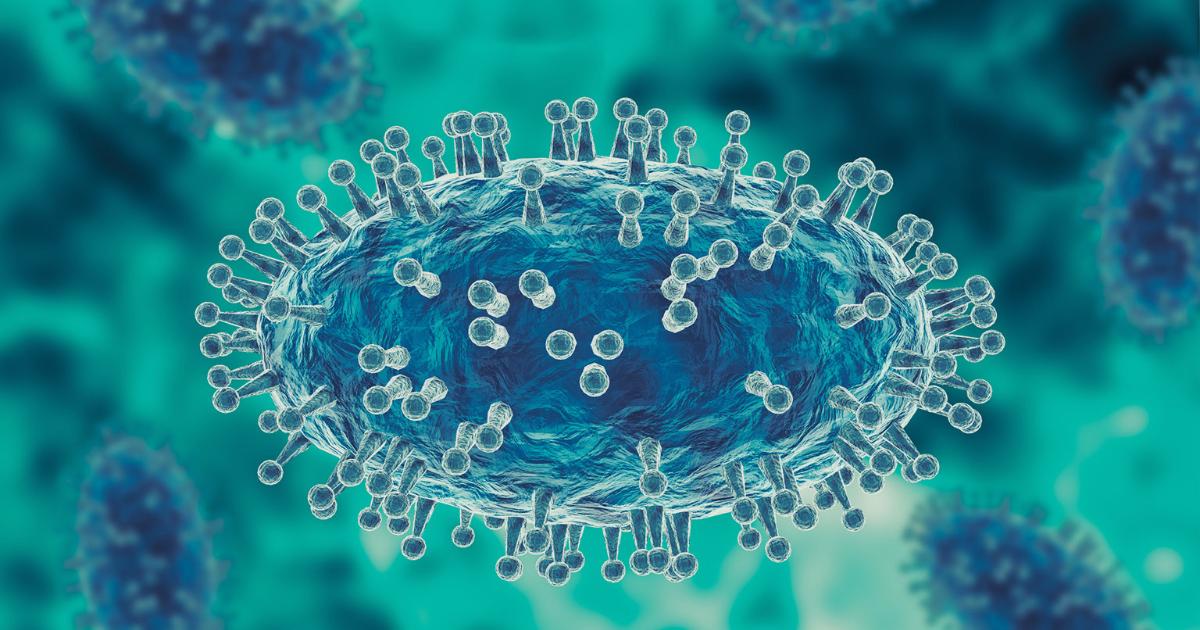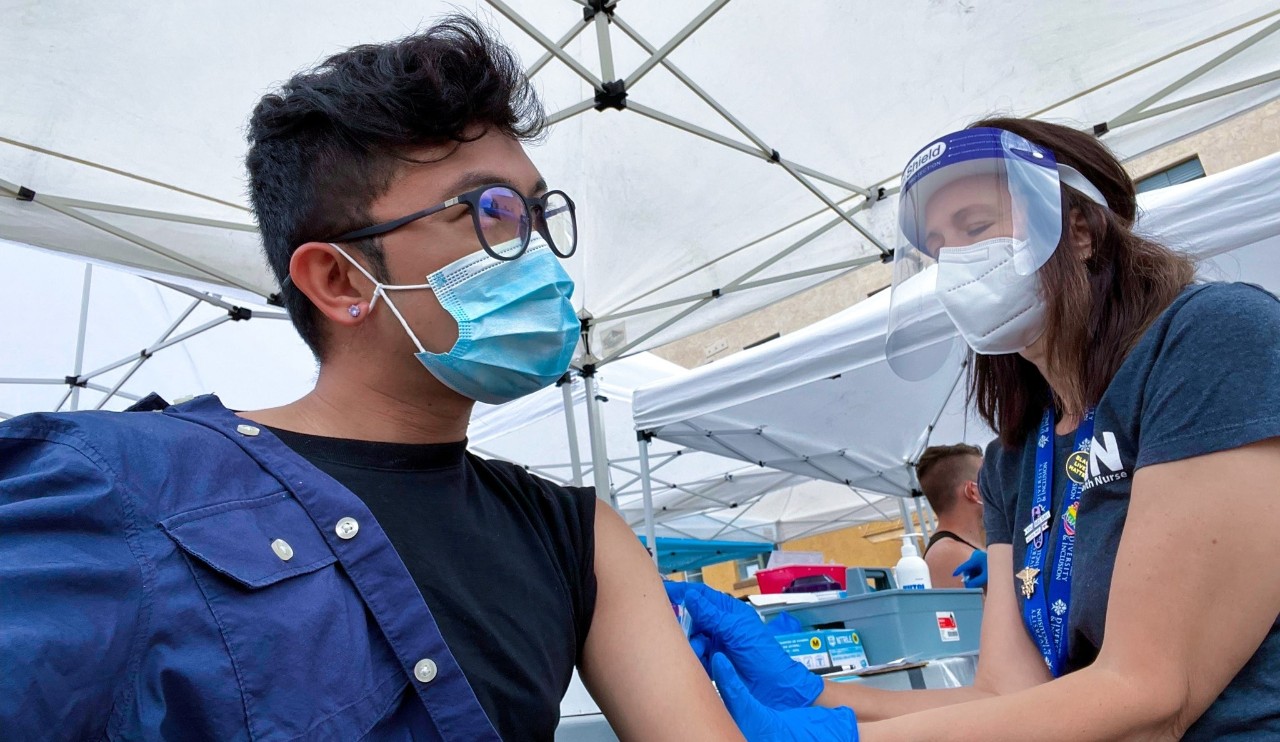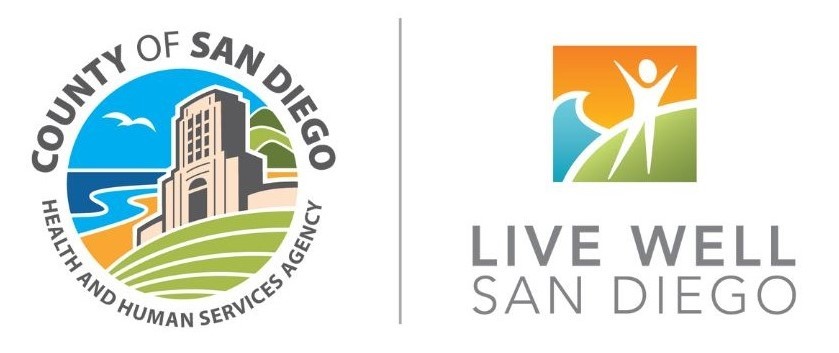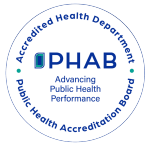Mpox
Mpox is a viral infection that often spreads through close, skin-to-skin contact. Protect yourself from mpox by getting two doses of the mpox vaccine. Schedule a no-cost vaccine appointment with your healthcare provider or visit MyTurn.ca.gov.
- Effective 9/8/2025, County of San Diego GovDelivery wireless messages (SMS/text) will be sent from 98256.
- Phone users: tap to create the message.
Call the Epidemiology Unit at (619) 692-8499, or send an e-mail, for more information.













